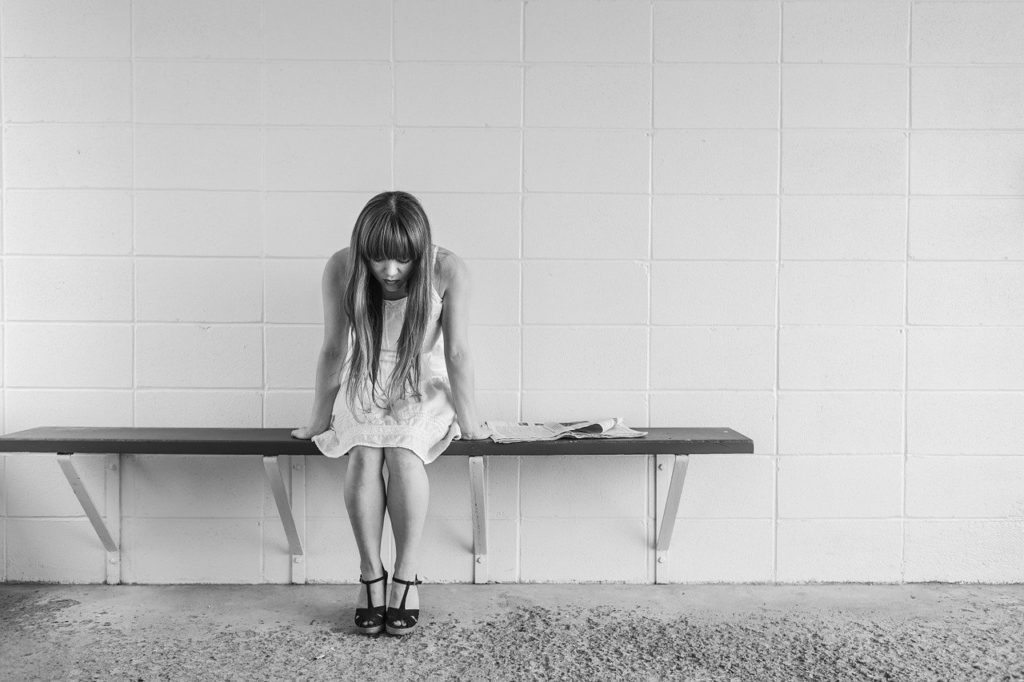All opinions are mine and mine alone.
How To Cope With The Aftermath of A Traumatic Event
In the United States, over 4 million people sustained injuries in motor vehicle-related accidents in 2019, according to the National Safety Council. While this number has been on the decline in recent years, there’s still a likelihood of sustaining bodily harm on the road. It’s good to keep informed on what to do immediately after the accident. But dealing with the extended aftermath is a whole other beast entirely. Here’s how to cope with the aftermath of a traumatic event.

First Aid After A Traumatic Accident
There are a few steps you can take to ease your condition, if not outright overcome it. Building off of basic needs, practicing general self-care, and focus on making yourself feel as stable and at ease as possible. Remember that self-care extends from increasing your comfort levels to taking care of your basic physiology and psychology too. Focus on exercising, having a balanced diet, and socializing.
You might also be overwhelmed with worry about the legal and insurance side of things. At your earliest convenience, consult your insurance provider, and a personal injury attorney if you sustained any injuries. Remember to contact your lawyer right away to assist you in getting the help you need post-accident.
Signs of Post-Traumatic Stress
Anyone would feel shaken in the aftermath of an accident, with or without an injury. But how do you know if you’re experiencing the common post-accident shock or an even deeper disturbance? One sure sign is if the feelings show no signs of fading over time. Post-traumatic stress is chiefly characterized by overwhelming feelings that persist for a long time, or in worse cases grow stronger.
Aside from continuous anxiety, there are several specific symptoms of post-traumatic stress after an accident. This includes insomnia, nightmares, a fear of getting into vehicles, and recurring flashbacks to the accident. Behaviorally, this can manifest into dissociation from one’s self and one’s relationships, irritability, and refusal to seek help. If one or more of these sounds like something you’ve experienced, then chances are you’re experiencing post-traumatic stress.
Seeking Professional Help
While trying to overcome post-traumatic conditions is commendable, you shouldn’t expect to be able to deal with it all on your own. Recovery can be faster and more effective with the help of a health provider. Rehabilitating injured parts of your body works better when there’s someone to walk you through it. If, at any point, you feel like your own methods aren’t working, consider consulting a professional immediately.
When experiencing post-traumatic stress, putting things in perspective is a good way to set your mind at ease. All you need is support from family, friends, and professionals to help you get your life back on track.



Speak Your Mind